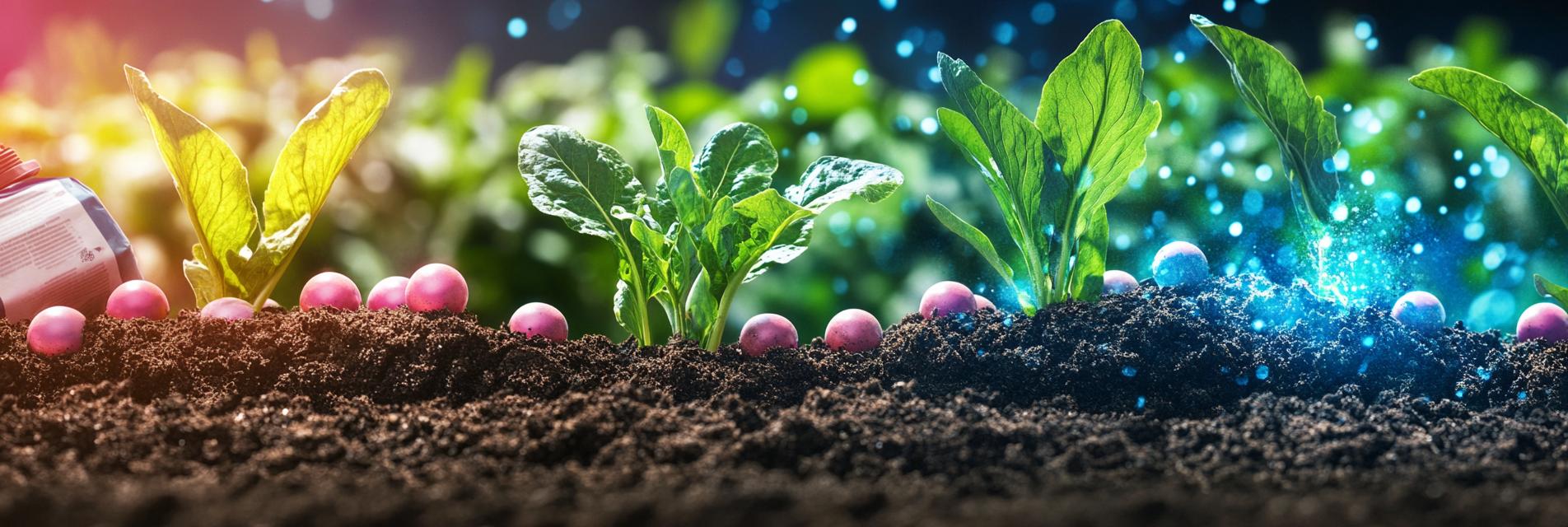Nitrogen fertilizers play a vital role in modern agriculture, enhancing crop growth and yield. However, their application requires careful consideration to maximize effectiveness and reduce environmental risks. This guide provides essential tips for using nitrogen fertilizers responsibly.

Nitrogen is a crucial nutrient for plants, necessary for photosynthesis, protein synthesis, and overall growth. Choosing the right type of nitrogen fertilizer—be it urea, ammonium nitrate, or others—depends on your crop's specific needs and soil conditions.
Applying nitrogen fertilizers at the correct growth stage can significantly improve uptake and utilization by plants. Early application can promote leafy growth, while applications during the flowering stage can enhance fruit and seed development.

Conducting soil tests before applying nitrogen is essential. Understanding existing nitrogen levels helps in determining the appropriate amount to apply, thereby preventing over-fertilization, which can lead to environmental issues such as water pollution.
To optimize nitrogen fertilizer use, consider the following practices:
By adhering to these guidelines, farmers can enhance crop yield while mitigating environmental impacts. Responsible nitrogen fertilizer use is key to sustainable agriculture.
